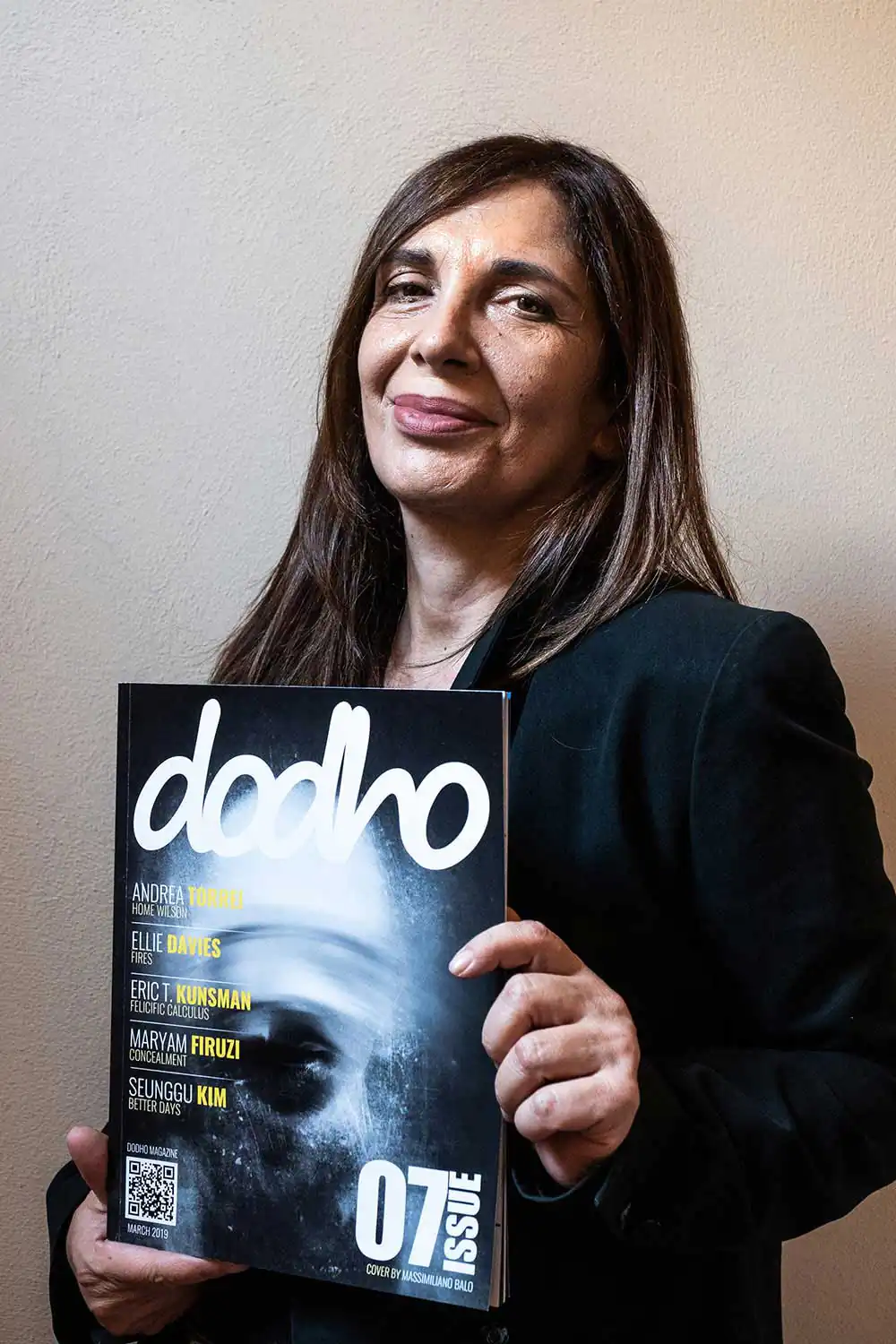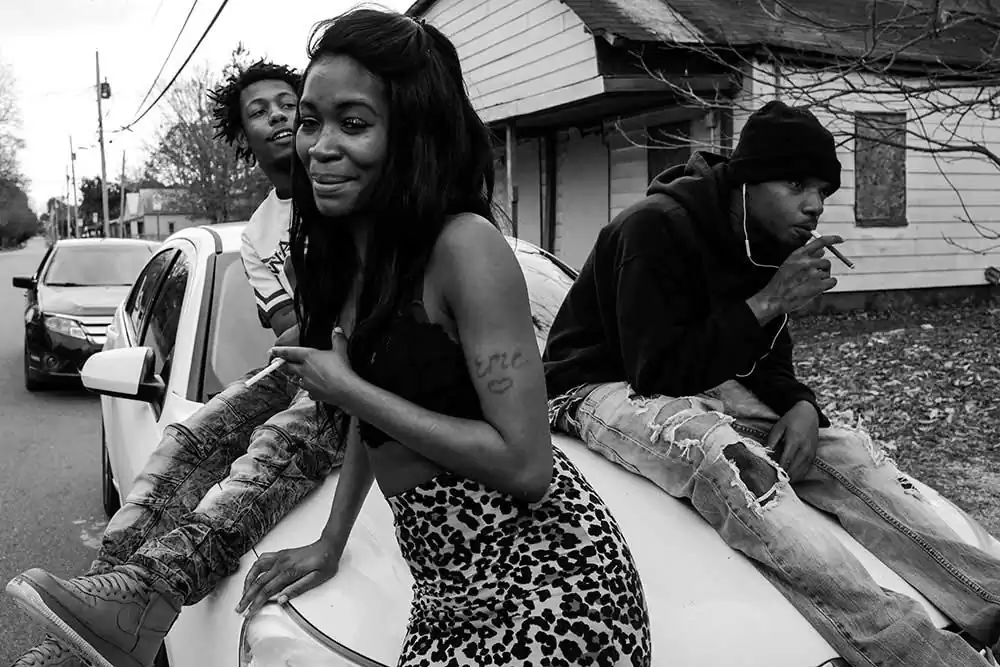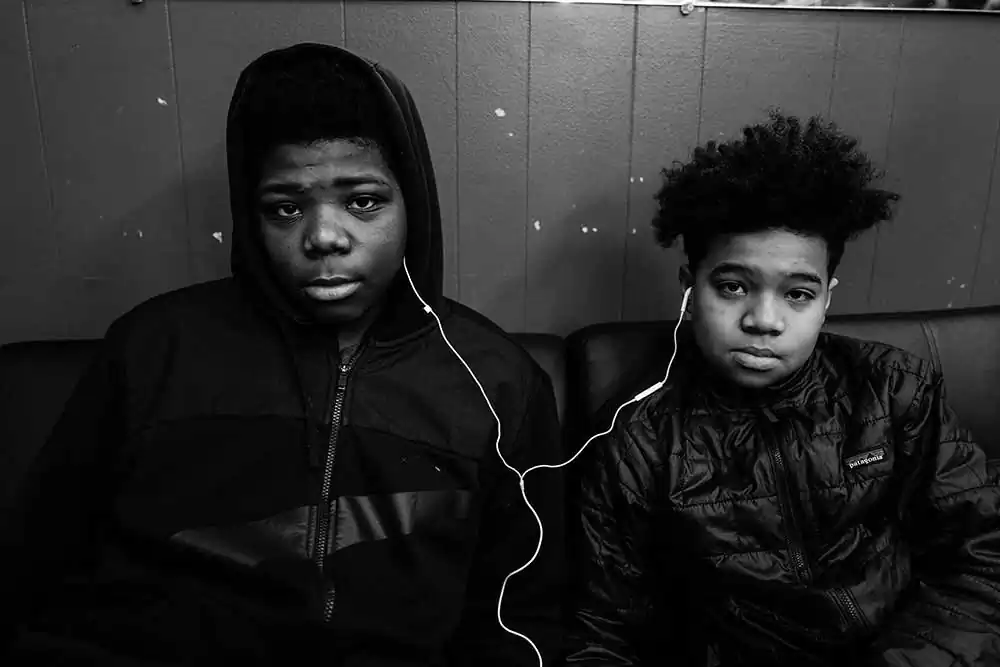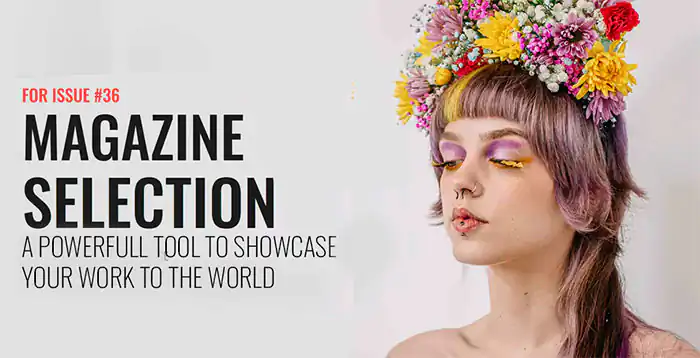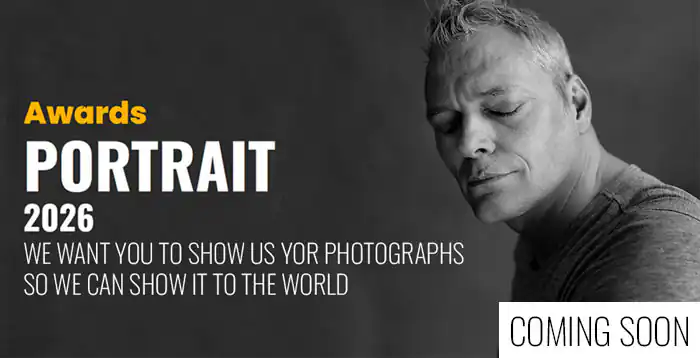Born in Italy and based in Rome, graduated in Political Science in Florence, Andrea Torrei worked for several ngo’s (non governmental organizations) in the social and humanitarian field traveling in many developing countries.
Always interested in photography, only recently she decided to pursue her passion documenting what she knows and loves most, ordinary people in their daily life with special attention to gender issues and local culture. Her body of work spans from street to documentary photography working mainly on personal projects. Her work was showcased in several group exhibitions in Italy and abroad. [Print Version] [Digital Version][Official Website]
Can you tell us a little about yourself?
Rome is my city, Italy is my home. I am passionate about history and politics and I watch a lot of movies.
How did you get interested in photography?
The interest in it has always been there but only some years ago I decided to be behind the camera.
What inspired you take your “Home Wilson” project?
I can say it happened by mere happenstance when during my first visit to Wilson I met a woman from Senegal who settled down there after many years of living in Italy. We spent an afternoon together and when she said ‘Wilson is now my home’, a bell went off in my head and many thoughts crowded my mind and a chain of questions arose. What or where is home then? Is it the place we were born or where our lives become woven into significant bonding? Or is it just a state of mind? How do you deal with a new place when you are deeply anchored in your cultural roots or your life is a layering of different traditions? And many other questions followed.
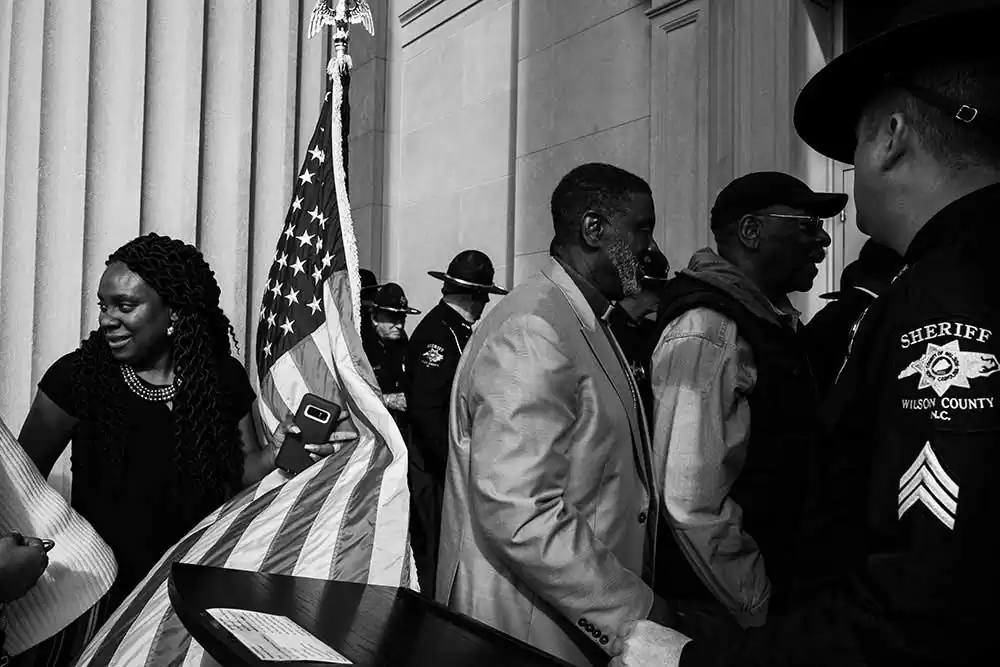
What first drew you to this project? Why did you want to tell this story?
Several were the ideas/projects in my list before I started the residency. I spent a lot of time documenting myself about the place and its people. But this theme about ‘home’ kept on coming back. I met people from South Carolina, Texas, Illinois, that for one or another reason chose Wilson to start a new life. People from India, Mexico and other countries who settled down there looking for a better future for their children. But also other people who lived abroad for a long time, like the man who spent most of his life in the U.S. navy traveling the world and he then eventually came back to Wilson. Why you came here, or why back here? I asked many times to all of them. The answers were different but the word/concept ‘home’ was always there. It was interesting to learn there is no one definition of home. What it means to one is different from the other. It is something fixed, bestowed upon them at birth for some, and/or it is a constant state of evolution for others. Well, I have more questions than answers, it is a very fluid and multifaceted concept. Not an easy one to deal with. Why I wanted to tell this story? The story in a way developed itself, and allowed me to question myself as I have lived in different places in Italy and abroad.
What has been the hardest part of this project?
Time. Five weeks flew away and were not enough to explore and focus in depth on the project.
How would you define your general style photography?
Emotional, spontaneous, raw. Some say I am a street photographer, others that I am more a storyteller. Figure it out! I do not have a definition for my work, I do not like categories.
Could you please tell us anything about your technique and creating process?
The portraits, for example, are all the outcome of my pure reaction rather than a plan. I spent time with people, talking to them and sometimes I did not make any pictures at all or I raised the camera only when I saw or felt something. Is it a technique?
In your opinion, what makes a good documentary Photography
I know it when I see it. I have no words to explain it. It sounds too rational. Whatever I say, it would lack something that goes beyond words and indeed makes a project so good and memorable.
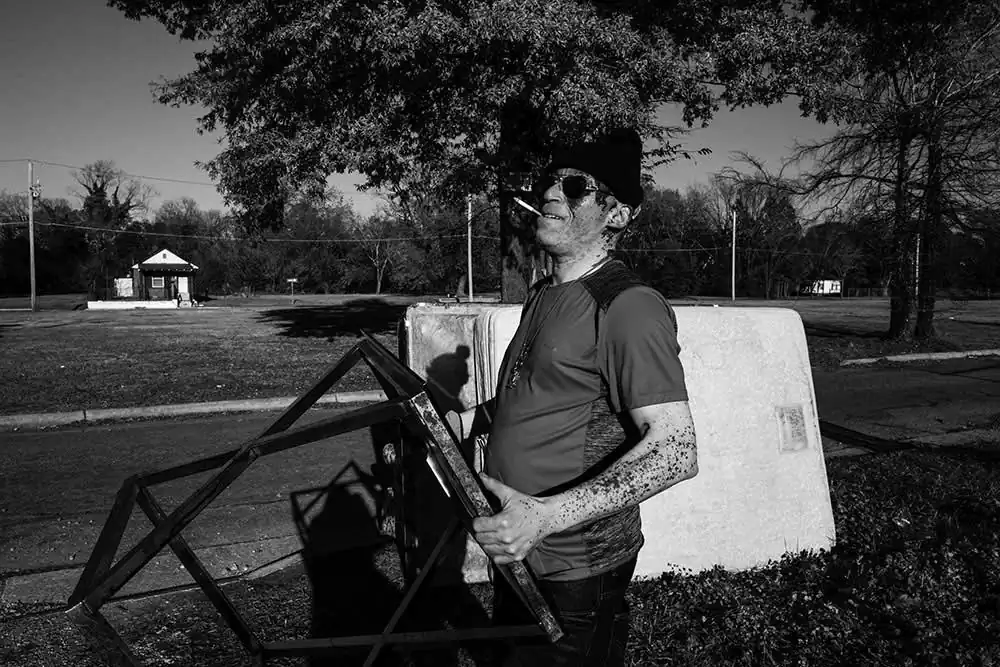
How much preparation do you put into taking a photography?
Determination and readiness I would say are the key in my work. I can plan and prepare all and everything but, as it happened many times, it just does not work. If I am ready and determined, I learnt, I can get my shots.
How do you know you got the shot you wanted?
Sometimes I do, I know it. Sometimes, I find it during the editing.
Your idea of the perfect composition?
For some reasons I think perfection belongs to painting more than to photography. I have no clue of what a perfect composition could be, I suppose only the one that works well.
What would iI find in your Camera Bag?
One camera and one lens, and a second body that I usually never use. Lately, my iPhone.
What future plans do you have? What projects would you like to accomplish?
I for sure will continue to explore the topic of ‘home’ and not only in America, where I am going back soon.
Finally, one last question. What opinion do you have of our print edition?
A joy for the eyes to read. Dodho Magazine is simply amazing.


